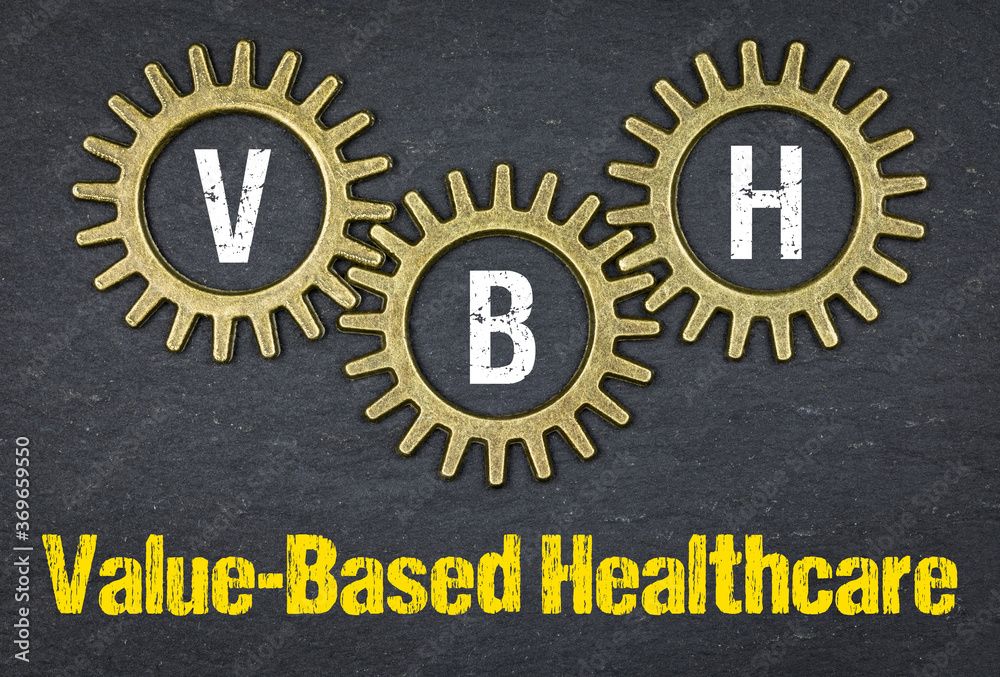Article
Your 2006 taxes: 9 costly mistakes
Author(s):
There are some things in life you want to get right the first time; your taxes ought to rank right up there.
There's little that gets a heart racing faster than hearing from the not-so-avuncular Uncle Sam about a tax matter. The good news is that IRS inquiries are usually due to relatively minor mistakes or omissions on your tax return than can be easily fixed, such as math errors, transposed digits in Social Security numbers, or blanks where there should be signatures. Still, even relatively incidental oversights will delay a refund and may require you to pay interest or penalties.
Here are common oversights that will cost you money, anxiety, or both.
Mistake No. 1
The past should be the starting point for the present. By reviewing the prior year's tax return, you may be reminded of deductions that you may otherwise forget to take in the current year. "You want to look for tax breaks that carry over from last year, such as unused capital losses, equipment depreciation deductions and charitable contribution carryovers if your contribution deduction was limited last year," explains Edward A. Slott, CPA, author of Your Complete Retirement Planning Road Map (Ballantine Books, 2006) and several other books on IRA strategies. "Also, check to see if you paid 2005 state income tax last year since that's an itemized deduction this year," he adds.
Mistake No. 2
Delaying estimated tax payments
Many busy professionals, including physicians, don't make estimated tax payments throughout the year. "Some clients treat the payment of estimated taxes as if it's optional, often sending just a portion or skipping payments entirely, reasoning that they'll just pay it all at the end of the year," says Steven W. Kaye, CFP, of American Economic Planning Group in Watchung, NJ. "It's a requirement, not a choice. You have to pay in if you don't have taxes withheld from your W-2."
Typically, an accountant will set up four equal payments due in April, June, September, and January, totaling at least the amount of tax paid the prior year. If you don't make your full quarterly payments on time, you'll have to fork over an underpayment penalty-essentially an interest rate the IRS charges reflecting what it could have earned on that money if it had been paid promptly (the current rate is 8 percent).
Mistake No. 3
Forgetting state tax breaks
Many states have tax breaks that apply only to state returns; they're often missed because filers generally begin with the federal return and automatically carry the numbers over to their state return without checking to see if they all apply. For example, even though up to 85 percent of Social Security benefits and certain other distributions may be taxable for the federal return, this income isn't taxable in many states. And if you live in New York and are 5911/42 or older, you can exclude up to $20,000 a year of pension, IRA, or annuity payouts even though they're taxable on the federal level. Conversely, you may be entitled to certain credits on a state but not a federal return, such as those for homeowners and renters. If you don't know how your state treats these and other exclusions and deductions, don't count on it to point out your error.
Mistake No. 4
Paying twice on dividends
Many investors opt to have mutual fund or stock dividends reinvested instead of distributed to them. However, when it comes time to sell those investments, people often forget to deduct those reinvested dividends from their gain or add them to their loss. "Tax is paid on the reinvested dividends in the year in which they were received, so the dividends must be added to the investment's cost basis," explains Ed Slott. "If you don't take this into account, you'll pay tax twice on the same sale-once, when the dividend was first reinvested, and again when the investment is sold."





